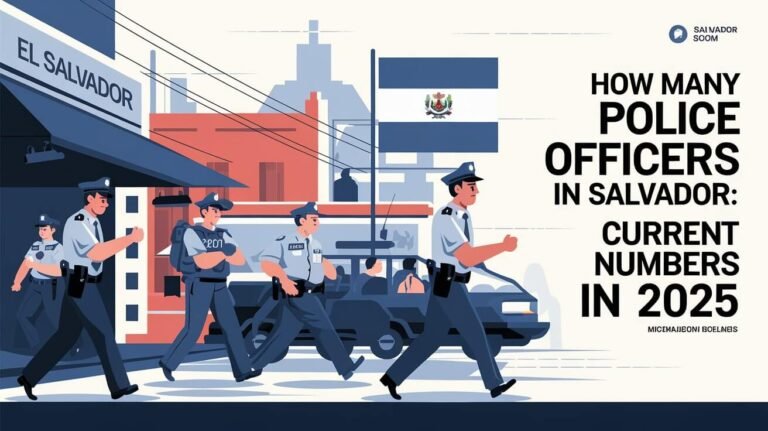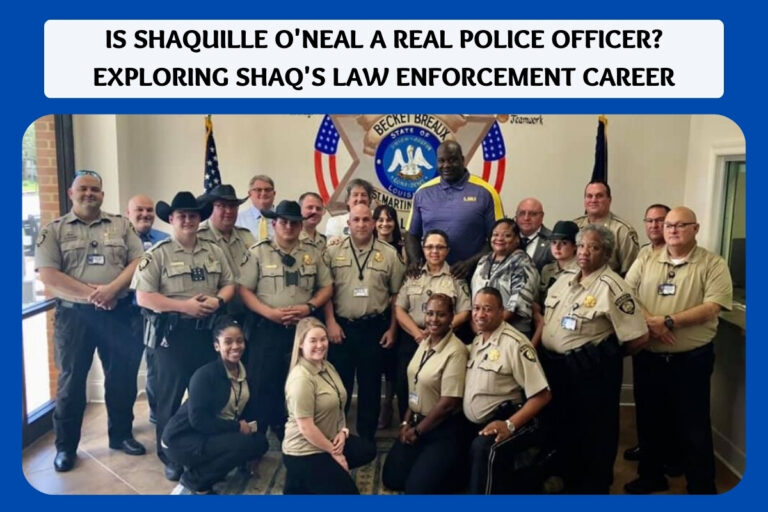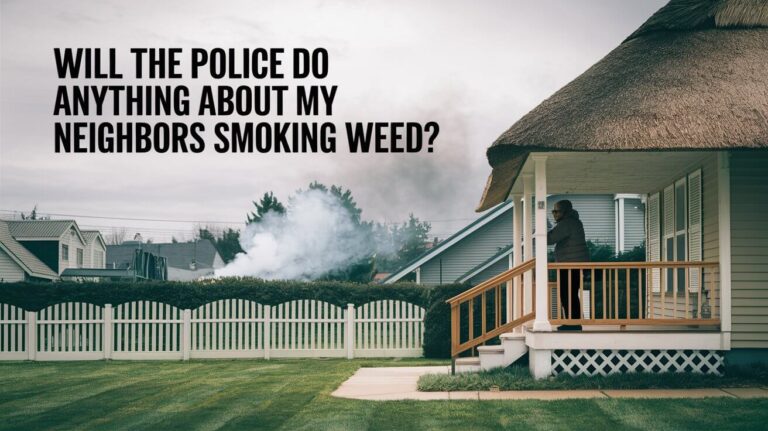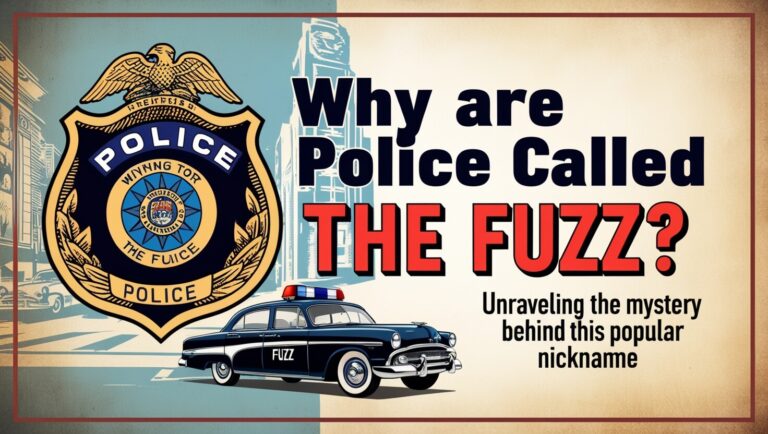What Police Division Is Compassionate Police Officer Fit Well?
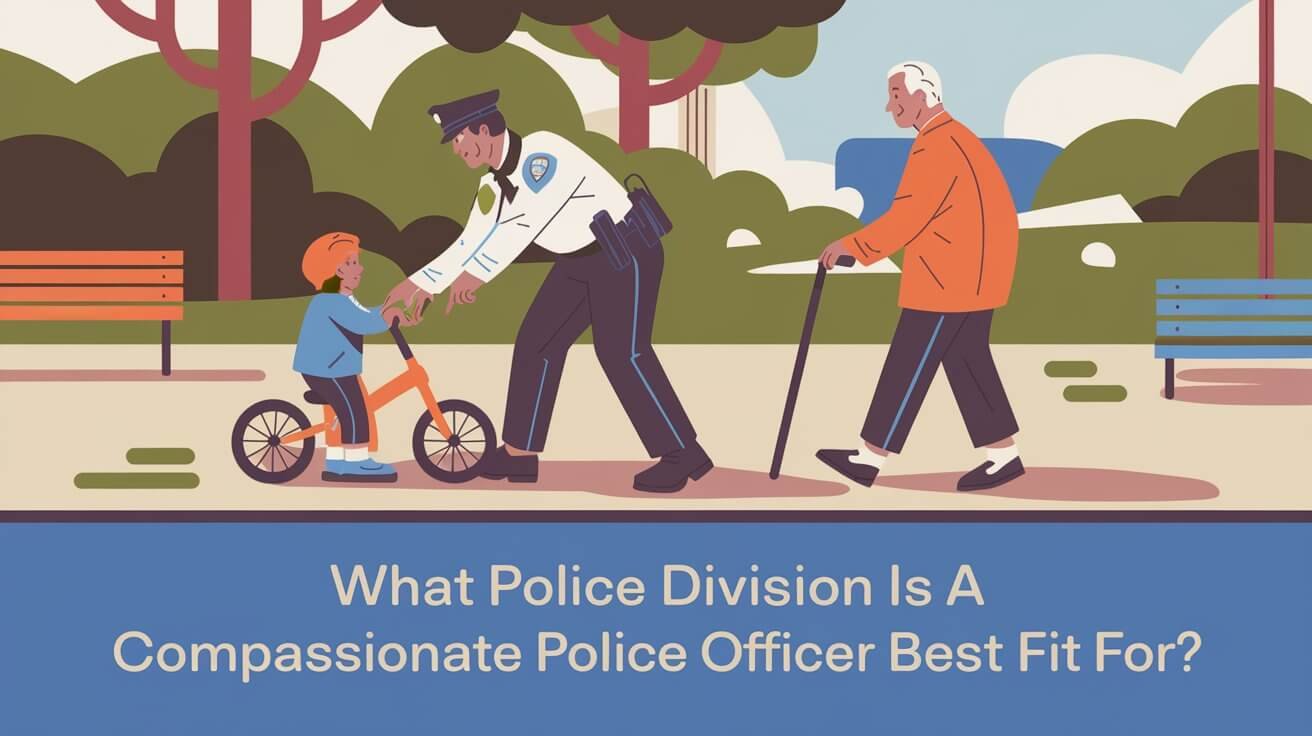
In the United States, law enforcement is key to keeping us safe and building trust. A caring police officer can change lives by helping others. This might mean fixing a flat tire or buying food for someone in need.
With community policing growing, it’s important to have officers who truly care. They need to understand and meet the community’s needs. This is what makes a police division strong.
Police officers face many tough situations every year. This can lead to burnout and emotional strain. But, being part of a division that values kindness can help. It offers support and resources to deal with these challenges.
The aim of a compassionate officer is to keep society safe and happy. This goal matches the values of law enforcement and community policing.
Community Policing Division: The Heart of Public Service
Community policing is key in public service. It’s about building trust and strong relationships with the community. Police officers meet people every day, making the area safer and more secure.
Building trust is a big part of community policing. The Chino Valley Police Department shows this with “Operation Donut Drop.” They give donuts to local businesses. This helps show the police care about the community.
Building Trust Through Daily Community Interactions
Community policing means working with the community to solve problems. This includes regular meetings and safety programs for neighborhoods. Police officers become a positive force in the area by doing this.
Youth Program Coordination and Development
Youth programs are vital in community policing. They help shape the future and prevent crime. Programs like mentorship and educational workshops are key. They help make the community safer and more positive.
Neighborhood Safety Initiatives
Neighborhood safety is essential for a better community. Crime prevention and outreach programs are important. Police and community members working together make the area safer for all.
Victim Services Unit: Direct Impact Through Support
The Victim Services Unit is key in helping victims of crime. It offers many services like counseling and advocacy. Agencies like the Fairfax County Police Department have special units for this purpose.
These units help with crisis intervention, counseling, and even going to court with victims. It’s all about supporting victims in their time of need.
Working together with other services is important. The U.S. Department of Justice’s Office for Victims of Crime helps a lot. They support law enforcement in providing better victim services.
Some main services include:
- Crises intervention and counseling
- Court accompaniment and advocacy
- Transportation and property retrieval
- Housing assistance and support
These efforts show law enforcement’s dedication to helping victims. They aim to make the recovery process easier and less stressful.
School Resource Officer Programs
School resource officers are key to keeping schools safe and supportive. They act as mentors and role models, positively impacting students. They help students develop life skills and make good choices.
These officers lead in campus safety, creating plans to prevent and handle emergencies. They are vital in keeping schools safe.
Being a mentor is a big part of their job. They guide and support students, helping them through school and life. They listen and offer advice, building trust and a positive school culture.
Some of their main duties include:
- Providing campus safety leadership and developing safety protocols
- Serving as a mentor and role model for students
- Building relationships with students, teachers, and staff to create a supportive school community
- Responding to emergencies and providing crisis prevention and intervention
Overall, school resource officers are vital for a safe and supportive learning environment. They lead in safety, mentor students, and prevent crises, helping students succeed.
| School Type | Percentage with Law Enforcement Officer |
|---|---|
| High Schools | 75% |
| Middle Schools | 65% |
| Elementary Schools | 36% |
Mental Health Response Teams
Mental health response teams are key in handling mental health crises. They offer support and help to those in need. Law enforcement is now working with mental health experts to calm situations and find resources.
Recent data shows that 20% of police calls are for mental health or substance use issues. To address this, many police forces are training their officers in mental health. For instance, the Miami-Dade Police Department has trained over 7,600 officers in crisis intervention.
Some important stats show how effective these teams are:
- 97% of contacts through the Collaborative Crisis Intervention Program (CCIP) ended well without force.
- 94% of CCIP contacts solved the issue without a medical hold, cutting down on officer transports.
- 73% of officers said the CCIP program made crisis calls safer, reducing the need for force.
Law enforcement can offer a caring response, helping those in crisis get the help they need. This reduces the risk of harm to themselves or others. It’s vital for law enforcement and mental health teams to work together to meet the community’s growing mental health needs.
| Program | Success Rate | Reduction in Force |
|---|---|---|
| Collaborative Crisis Intervention Program (CCIP) | 97% | 73% |
| CAHOOTS public safety system | 95% | 90% |
As law enforcement adapts to the need for mental health support, the role of mental health teams will grow. By teaming up with mental health experts and training in crisis intervention, police can make communities safer and more supportive for everyone.
What Police Division Is Compassionate Police Officer Fit Well: Division Analysis
A compassionate police officer is a great asset to any division. They bring skills and traits that help the community a lot. To find the best division for them, we need to look at each division’s needs.
The Community Policing Division, Victim Services Unit, and School Resource Officer Programs are good options. Each offers a chance for a compassionate officer to help others.
A compassionate officer should choose a division that fits their personality and career goals. For example, a division that focuses on community outreach might be perfect. Research shows that officers who get resilience training feel less stressed and perform better.
Personality Trait Assessment
A compassionate officer needs strong people skills, empathy, and a wish to help. These qualities help build trust and support victims. A study found that compassion satisfaction helps officers avoid burnout, showing the value of self-care.
Division-Specific Requirements
Each division has its own needs and challenges. For instance, the Community Policing Division needs officers to engage with the community. The Victim Services Unit requires emotional intelligence and empathy. An officer should match their skills with the division’s needs.
Career Growth
Career growth is key for any officer, including compassionate ones. A division that offers training and advancement opportunities is ideal. With the right support, a compassionate officer can grow and make a big difference.
Domestic Violence Units: Supporting Vulnerable Populations
Domestic violence affects over 20 million people in the United States every year. Law enforcement is key in helping victims. Domestic Violence Units offer safety and connect victims with resources.
These units help build trust with the community. They show the police’s dedication to protecting the vulnerable. Police officers provide support and help victims through a tough time.
- Providing emotional support and counseling to victims
- Connecting victims with local resources and services
- Assisting with safety planning and emergency response
Working together with victim services is important. It helps victims get the help they need. This lets police focus on solving crimes and holding offenders accountable.
Focusing on vulnerable populations, police can improve their reputation. This builds trust in the community.
| Benefits of Enhanced Victim Response | Description |
|---|---|
| Increased case clearance rates | Improved investigation and prosecution of domestic violence cases |
| Decrease in crime | Reduced recidivism and prevention of future domestic violence incidents |
| Improved efficiency | Streamlined processes and better allocation of resources |
Elder Affairs Division: Protecting Senior Citizens
The Elder Affairs Division is key in keeping senior citizens safe. Agencies like the Orlando police and Orange County Sheriff’s Office are commended for helping seniors in emergencies, like hurricanes.
Law enforcement visits seniors to teach them about evacuation plans. They also help in affected areas and rescue seniors with special vehicles. Plus, they have units to stop scams and help after they happen.
Here are some ways law enforcement helps seniors:
- They teach seniors about staying safe.
- They look into cases of abuse and scams.
- They help frail seniors in emergencies.
- They visit places where seniors live to talk and build community.
Teaming up with social services, law enforcement offers support to seniors. This includes programs like the Elder Abuse Prevention Program. It aims to educate and protect older adults and those with disabilities.
| Program | Description |
|---|---|
| Elder Abuse Prevention Program | Provides education, outreach, advocacy, and partnerships to prevent and respond to the abuse of older adults and adults with disabilities |
| Savvy, Aware, Secure, and Safe (SASS) Elder Abuse Prevention Awareness campaign | Includes 5 flashcards highlighting common scams for outreach education |
Special Victims Unit: Advocacy and Investigation
The Special Victims Unit is key in helping those who are most vulnerable. They use a special approach to help victims feel safe and understood. This helps build trust and makes it easier to solve crimes.
Some important parts of their work include:
- Providing emotional support and resources to victims of domestic violence, child abuse, and human trafficking
- Conducting thorough investigations to gather evidence and build cases against perpetrators
- Collaborating with advocacy organizations to provide ongoing support and services to victims
For instance, the UM Police Department’s Special Victims Unit works with groups like the Sexual Assault Prevention and Awareness Center (SAPAC) and SafeHouse Center. They help survivors of violence get medical help, counseling, and other support. This way, the Special Victims Unit makes sure victims get the help and justice they need.
| Organization | Services Provided |
|---|---|
| Sexual Assault Prevention and Awareness Center (SAPAC) | Counseling, advocacy, and support services for survivors of sexual assault |
| SafeHouse Center | Emergency shelter, counseling, and support services for survivors of domestic violence |
Bottom Line: Making Your Mark in Compassionate Policing
As we wrap up our look at compassionate policing, it’s clear that officers who follow this path can change lives. They work in areas like community policing, victim services, and school programs. These officers build strong bonds and offer vital support to those who need it.
Compassionate police officers see their job as more than just enforcing laws. They aim to build trust, understand people, and empower them. Their work shows us that everyone deserves respect and care, leading to a safer, more caring society.
These officers handle crises, mentor young people, and stand up for the vulnerable. They prove that being kind is a powerful tool for change. Their compassion leaves a lasting impact on the communities they serve.
Starting your career in law enforcement? Think about the difference you can make with compassion. By being kind, you can inspire others and help create a world where compassionate policing is the standard, not the exception.
Frequently Asked Questions
What are the different police divisions where a compassionate police officer can fit well?
Compassionate police officers can thrive in many divisions. These include Community Policing, Victim Services, and School Resource Officer Programs. They also fit well in Mental Health Response Teams, Domestic Violence Units, Elder Affairs Division, and Special Victims Unit.
What are the responsibilities and focus areas of the Community Policing Division?
The Community Policing Division works to build trust with the community. They engage in youth programs and neighborhood safety initiatives. Their goal is to foster positive relationships through daily interactions.
How does the Victim Services Unit support victims of crime?
The Victim Services Unit offers direct support to crime victims. They provide counseling and advocacy. Police officers assist victims and connect them with resources.
What is the role of School Resource Officer Programs?
School Resource Officer Programs aim to create a safe learning environment. Police officers act as mentors and role models. They help students develop life skills and make informed choices, while ensuring campus safety.
How do Mental Health Response Teams assist in mental health crises?
Mental Health Response Teams handle mental health emergencies. Police officers work with mental health professionals. They aim to de-escalate situations and connect individuals with needed resources.
What factors should be considered when determining the best police division for a compassionate police officer?
Choosing the right division involves considering several factors. These include personality traits, division-specific requirements, and career growth opportunities.
How do Domestic Violence Units support victims and address domestic violence?
Domestic Violence Units support victims and address abuse. Police officers provide safety and connect victims with resources. This builds trust and shows the department’s commitment to protecting vulnerable populations.
What is the focus of the Elder Affairs Division?
The Elder Affairs Division protects senior citizens and prevents abuse. Police officers develop outreach programs and investigate elder abuse allegations. They aim to build trust with seniors.
How does the Special Victims Unit advocate for and investigate crimes against vulnerable populations?
The Special Victims Unit advocates for and investigates crimes against vulnerable groups. This includes domestic violence, child abuse, and human trafficking victims. Police officers use a trauma-informed approach and work with support networks to provide a supportive response.

